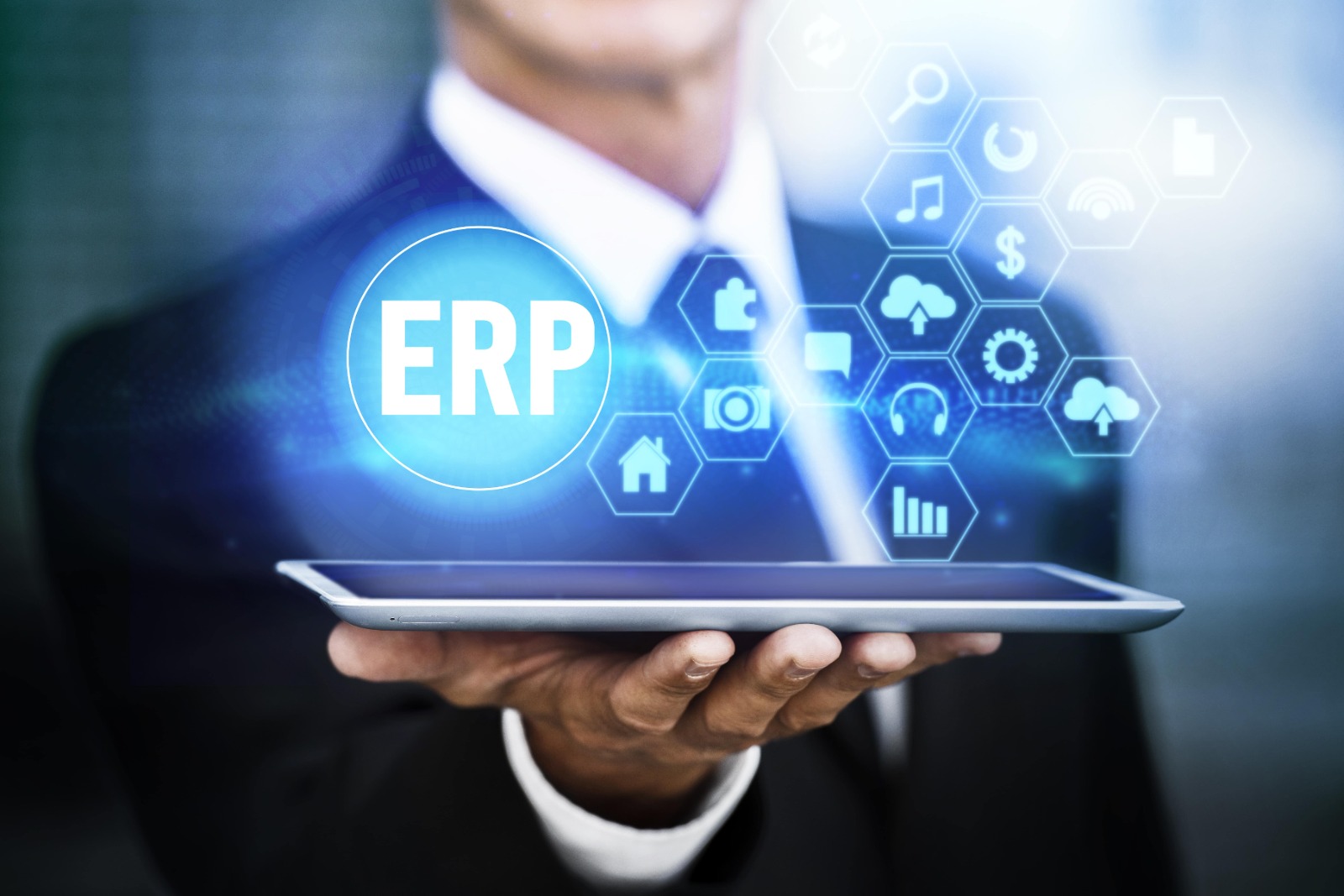ERP Implementation
We are your trusted partner for ERP (Enterprise Resource Planning) implementation. As a leading ERP implementation partner, we are dedicated to helping businesses like yours streamline operations, boost productivity, and drive growth through the power of ERP systems

Complete
Solution
We offer end-to-end ERP implementation services, from consultation and planning to deployment and support
Training and Support
Our comprehensive training programs are designed to empower workforce, ensuring they harness the maximum of your ERP system
Tailored Customization
Tailor the ERP system to match your specific business processes, making it an integral part of your organization
Why Choose Us
01
Expertise
With a track record of successful ERP, our team of experts brings unparalleled experience to every project
02
Integration
We seamlessly integrate ERP solutions into your existing systems, optimizing workflow efficiency and data flow
03
Scalability
Our solutions are designed to grow with your business, ensuring long-term success and adaptability
04
Data-Driven
Gain real-time insights into your operations, enabling data-driven decision-making and improved strategy
Frequently Asked Questions
ERP, or Enterprise Resource Planning, is a comprehensive software system designed to help businesses manage and streamline their core processes and resources. It integrates various functions such as finance, human resources, inventory management, production, and more into a single, unified platform. ERP systems enable organizations to centralize data, improve efficiency, enhance decision-making, and optimize their operations, ultimately contributing to increased productivity and competitiveness.
The cost of ERP implementation, including licensing and consulting fees, can vary significantly based on several factors. For small to mid-sized businesses, ERP implementation can start at tens of thousands of dollars, while larger enterprises may invest millions. Key cost determinants include the ERP software selected, the size and complexity of the organization, customization needs, the level of support required, and ongoing maintenance expenses. It’s essential to conduct a thorough assessment of your specific needs and budget to get a more accurate estimate for ERP implementation costs.
Yes, an ERP (Enterprise Resource Planning) system can be integrated with other software or legacy systems. Integration is a common practice to ensure that data flows seamlessly between the ERP system and other applications or databases. This integration allows businesses to maintain existing systems while leveraging the benefits of an ERP, such as centralized data management and improved efficiency. It can involve using APIs (Application Programming Interfaces), middleware, or custom development to facilitate data exchange and communication between the ERP and other software, enabling a cohesive and comprehensive IT ecosystem
Yes, there are numerous ERP implementation success stories and case studies available across various industries and organizations. These success stories highlight how businesses have effectively utilized ERP systems to streamline operations, improve efficiency, and achieve their goals. Many ERP vendors and consulting firms publish case studies showcasing the challenges faced, the solutions implemented, and the positive outcomes achieved through ERP implementation. These real-world examples serve as valuable references for businesses considering ERP adoption, offering insights into best practices and potential benefits.
